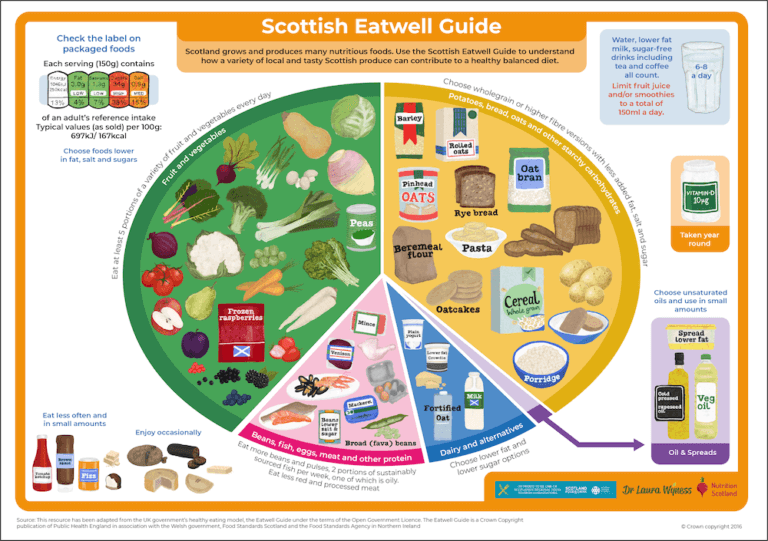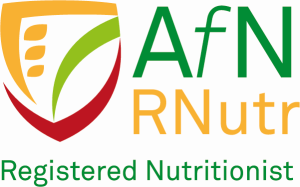Restless Legs Syndrome is characterised by the overwhelming urge to move the legs. It is thought to affect one in 10 people in the UK. Movement provides temporary relief from the unpleasant crawling or creeping sensation in the legs. It’s been described by some as having an itch you can’t scratch or like there’s fizzy water inside the legs. For some, the symptoms are mild and may come and go, while for others it can be constant and prevent getting a good night’s sleep which can have a big impact on quality of life.
Why does it happen?
For some people the cause may be genetic, especially if other family members also suffered from it.
Some experts studying the nervous system believe the symptoms may be related to how the body deals with dopamine. Dopamine is a chemical involved in controlling the movement of muscles and it may be responsible for the involuntary leg movements associated with restless legs syndrome. However, it’s a condition that is not completely understood.
Menopausal women
Women are twice as likely to experience Restless Legs Syndrome than men, and menopause seems to increase the occurrence and severity of the symptoms. Its not clear why this is. One thought it that its due to the changes in hormone levels such as oestrogen rather than absolute levels of oestrogen that cause of Restless Legs Syndrome.
Potential key nutrients in Restless Legs Syndrome
Iron
Iron helps with the actions of dopamine. Interestingly, both iron and dopamine levels dip during the evening and night time – due to the body’s natural body clock (or circadian rhythm). Symptoms are often most notable in an evening or when trying to sleep.
Iron-deficiency may be a cause of restless legs in some people. Including red meat 1-3 times a week can help your iron levels. If you don’t eat meat, check out my previous blog on plant foods with iron here. If you think you may have low iron, it’s useful to get your body’s iron stores checked by your GP.
Magnesium
Magnesium plays an important role in normal muscle function and getting adequate magnesium may help calm both body and mind. Magnesium is often suggested for Restless Legs Syndrome based on anecdotal reports that it provides relief from the symptoms.
Some research suggests magnesium supplementation may be useful in individuals who are deficient, but good quality studies are lacking. A small clinical trial is currently being conducted to examine the effect of magnesium supplementation in Restless Legs Syndrome, so I’ll update this post when those results are published.
Vitamin D
There is thought to be an association between Vitamin D deficiency and Restless Legs Syndrome, however, few studies have explored this. Results from one study showed a Vitamin D supplement improved the symptoms amongst people who were Vitamin D deficient.
As there are few dietary sources of vitamin D, and we can only get vitamin D from sunlight over the summer months, a vitamin D supplement is recommended for all adults in the UK. For more facts on Vitamin D, check out my previous blog here.
What else could help?
Some lifestyle changes that may make the symptoms of Restless Legs Syndrome easier to manage include:
- Avoid smoking and drinking alcohol – Or at a minimum, avoid these for several hours before going to bed.
- Regular activity – Try to keep active during the daytime and avoid sitting for long periods. If you work at a desk most of the day, have regular breaks where you move and stretch your legs. A walk in the evening and doing daily stretching may be helpful.
- Have a regular bedtime routine – Stick to a regular bedtime routine at night and get up at the same time each day. A warm bath before bed or some relaxing yoga moves may be helpful.
For more information and advice on eating well for menopause, see my previous blog post here.











